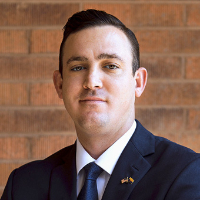Yavapai County, AZ Juvenile Law Lawyers
Sponsored Law Firm
-
 x
x

Click For More Info:
-
Stone Rose Law
8010 E McDowell Road Suite 105 Scottsdale, AZ 85257» view mapCriminal Defense High-Quality & Affordable Representation
If you have been charged with a crime, you need experienced representation from a Phoenix criminal lawyer at Stone Rose Law.
800-964-0510
David Paul Gordon
Commercial Real Estate, Juvenile Law, Criminal, Personal Injury
Status: In Good Standing Licensed: 56 Years
J Mitchell Padilla
Juvenile Law, State Government, Family Law, Divorce & Family Law
Status: In Good Standing Licensed: 20 Years
J Mitchell Padilla
Juvenile Law, State Government, Trusts, Family Law
Status: In Good Standing Licensed: 20 Years
Jonathan David Conant
Mediation, Dispute Resolution, Family Law, Juvenile Law
Status: In Good Standing Licensed: 37 Years
J Mitchell Padilla
Juvenile Law, State Government, Family Law, Divorce & Family Law
Status: In Good Standing Licensed: 25 Years
Michael Aaron Daniels
Other, State Government, Juvenile Law, Criminal
Status: In Good Standing Licensed: 13 Years
M Alex Harris
Juvenile Law, Other, Public Schools, Criminal
Status: In Good Standing Licensed: 28 Years
 Steven Scharboneau Scottsdale, AZ
Steven Scharboneau Scottsdale, AZ Practice AreasExpertise
Practice AreasExpertise
